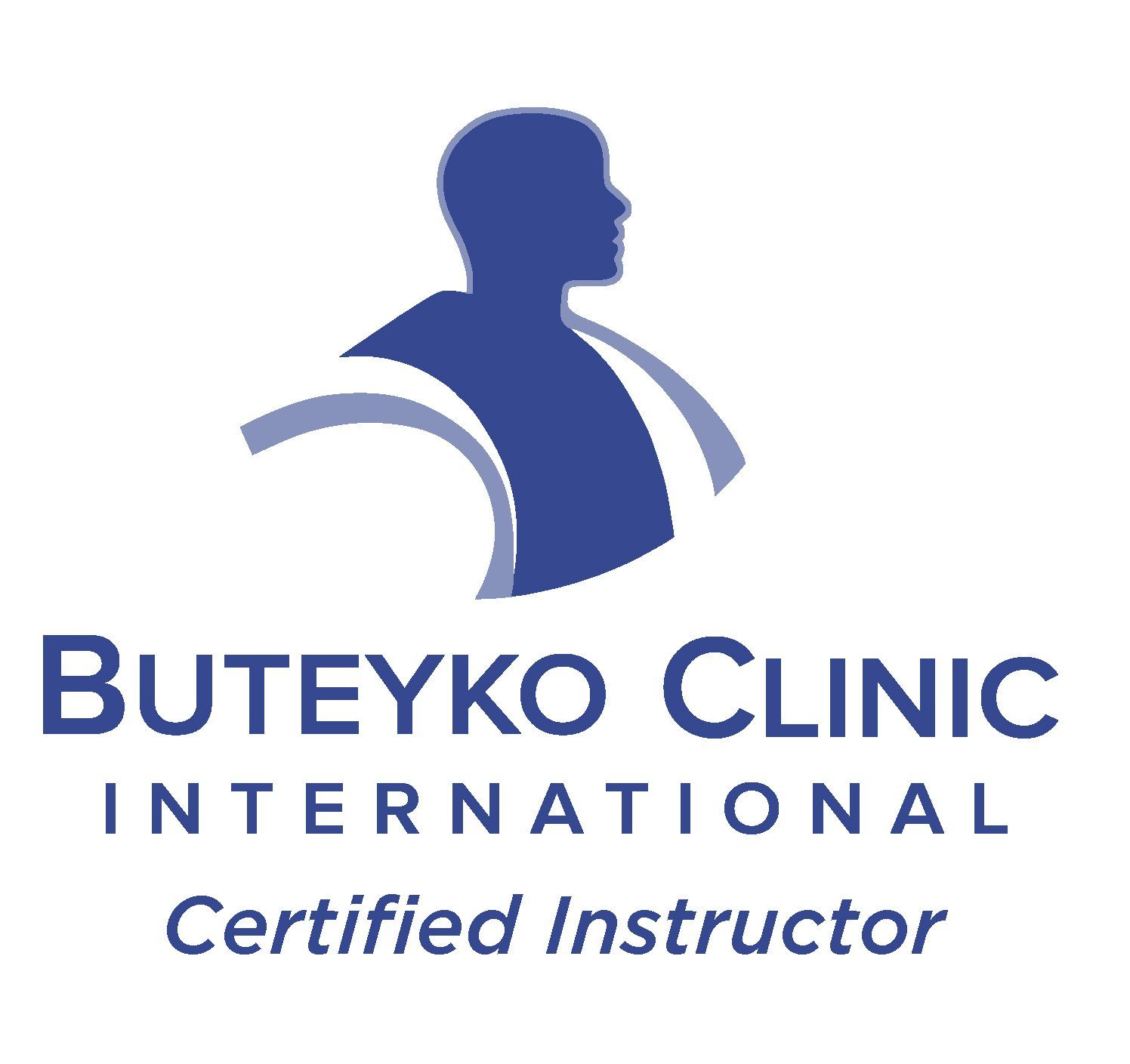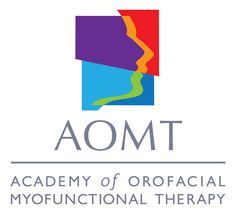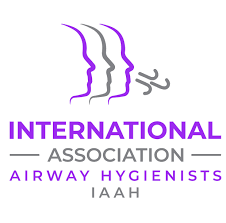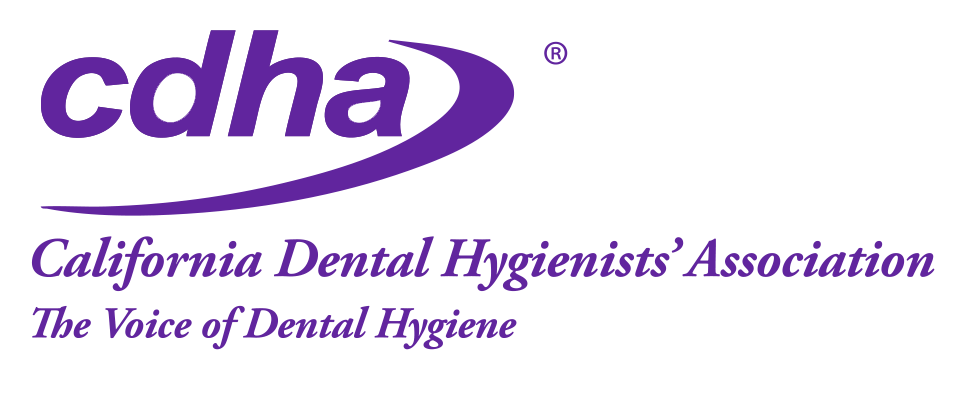Research
Sleep:
- Effects of oropharyngeal exercises on patients with moderate obstructive sleep apnea syndrome
- Myofunctional Therapy to Treat Obstructive Sleep Apnea: A Systematic Review and Meta-analysis
- Oropharyngeal and tongue exercises (myofunctional therapy) for snoring: a systematic review and meta-analysis
- Myofunctional therapy improves adherence to continuous positive airway pressure treatment
- Can myofunctional therapy increase tongue tone and reduce symptoms in children with sleep-disordered breathing?
- Critical role of myofascial reeducation in pediatric sleep-disordered breathing
- Reduced Regional Grey Matter Volumes in Pediatric Obstructive Sleep Apnea
- Short sleep duration is associated with reduced leptin, elevated ghrelin, and increased body mass index
- Obstructive Sleep Apnea and the Risk of Cognitive Decline in Older Adults
- Mouth breathing, “nasal disuse,” and pediatric sleep-disordered breathing
Pediatric Airway:
- Establishment of nasal breathing should be the ultimate goal to secure adequate craniofacial and airway development in children
- Towards Restoration of Continuous Nasal Breathing as the Ultimate Treatment Goal in Pediatric Obstructive Sleep Apnea
“Tongue ties”, Frenuloplasty:
- Lingual frenuloplasty with myofunctional therapy: Exploring safety and efficacy in 348 cases
- Ankyloglossia as a risk factor for maxillary hypoplasia and soft palate elongation: A functional - morphological study
Child “tongue ties”/sleep:
- A frequent phenotype for paediatric sleep apnoea: short lingual frenulum
- Short Lingual Frenulum and Obstructive Sleep Apnea in Children







